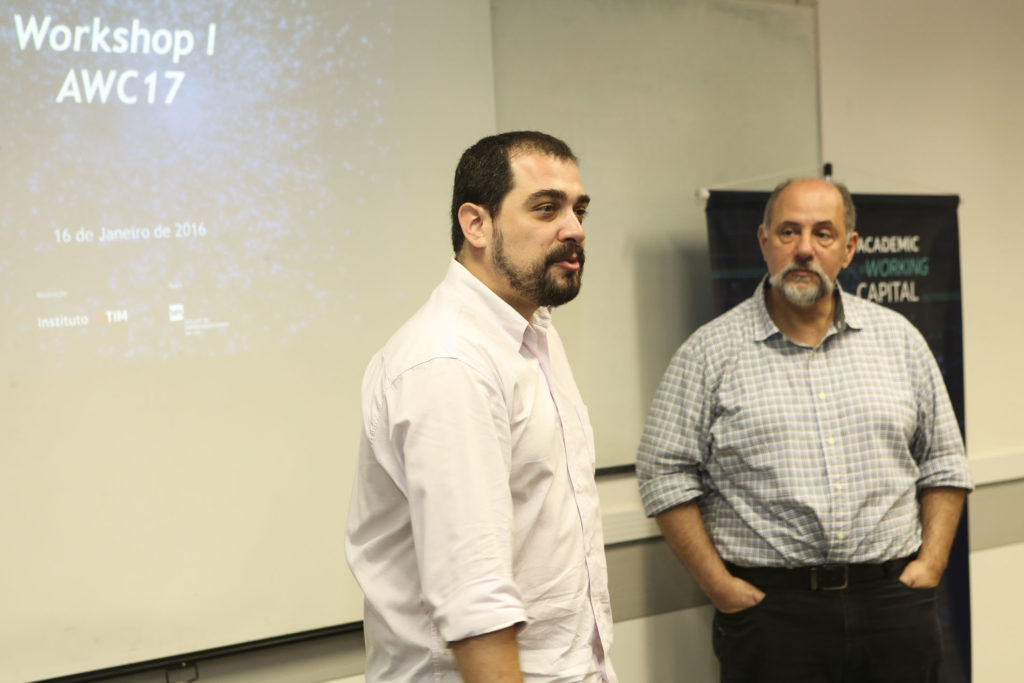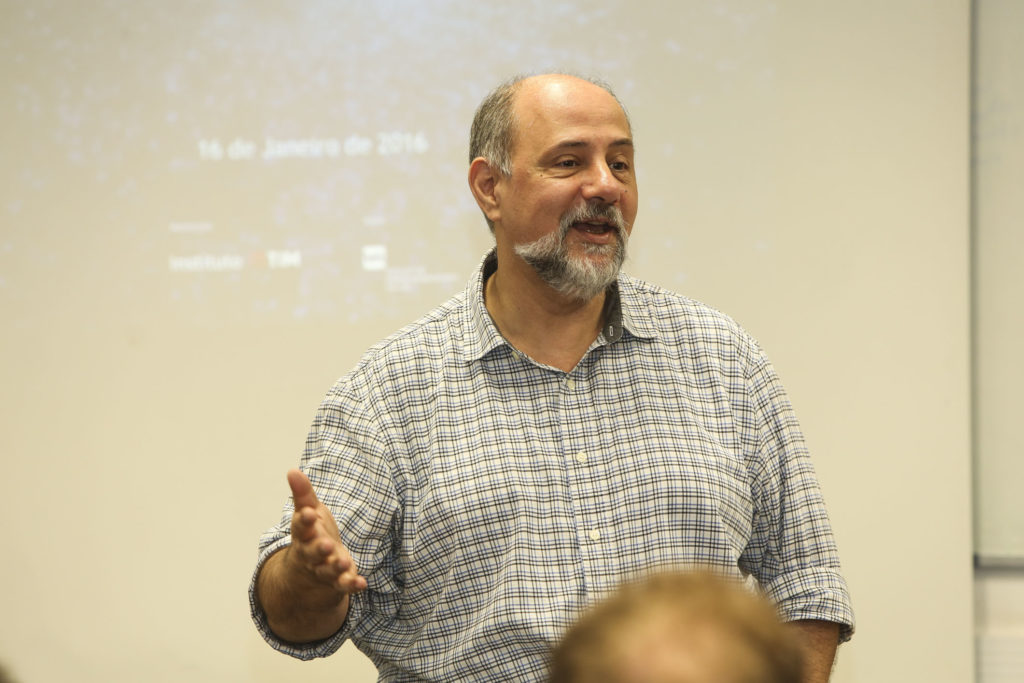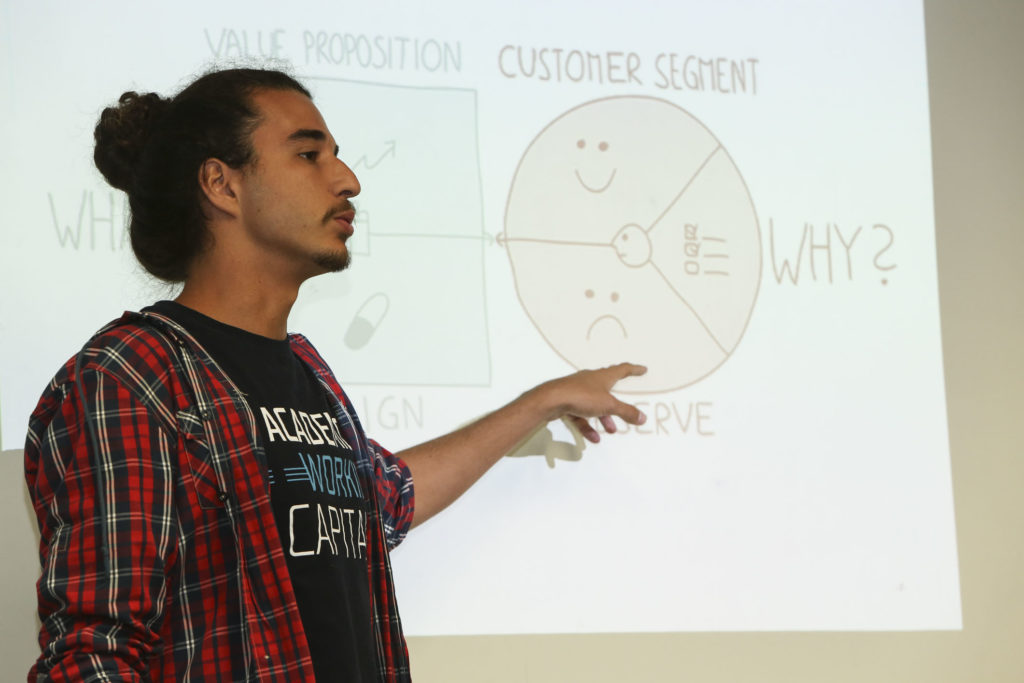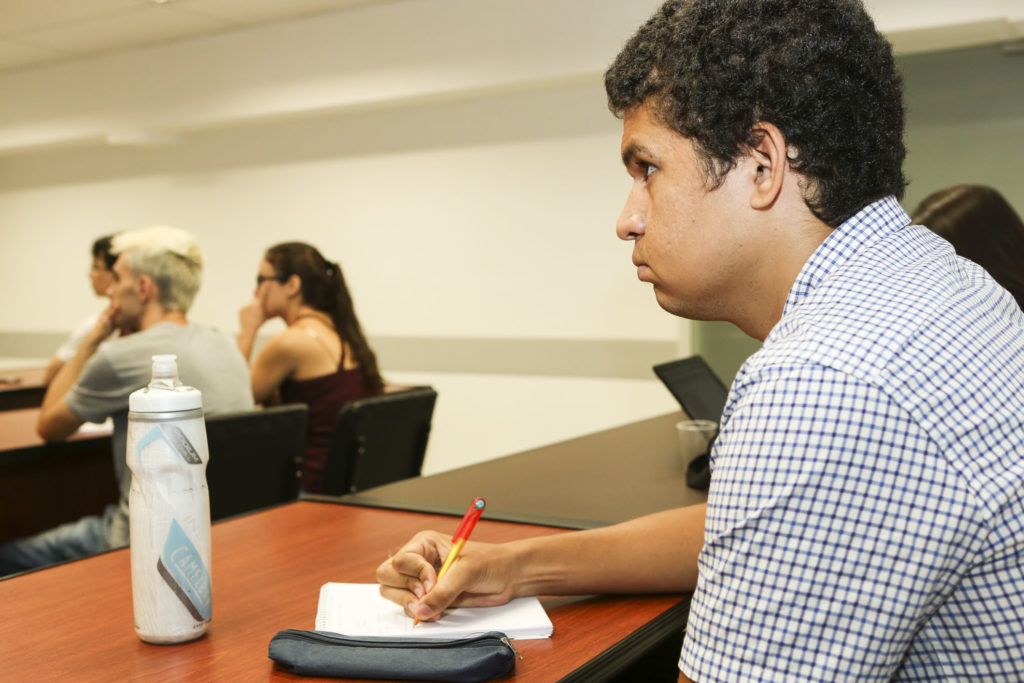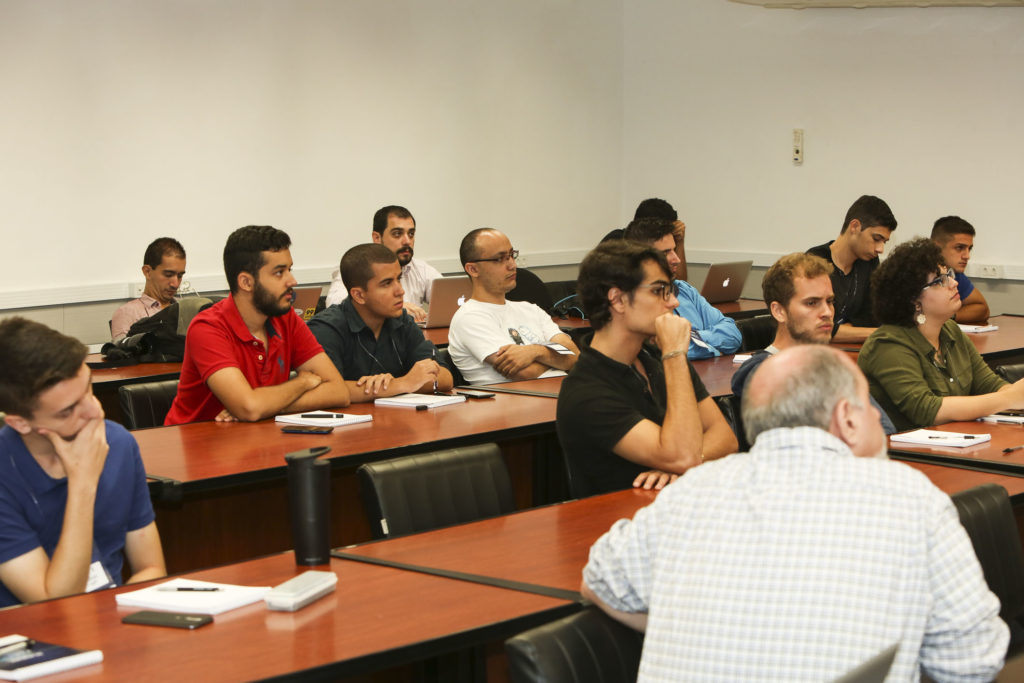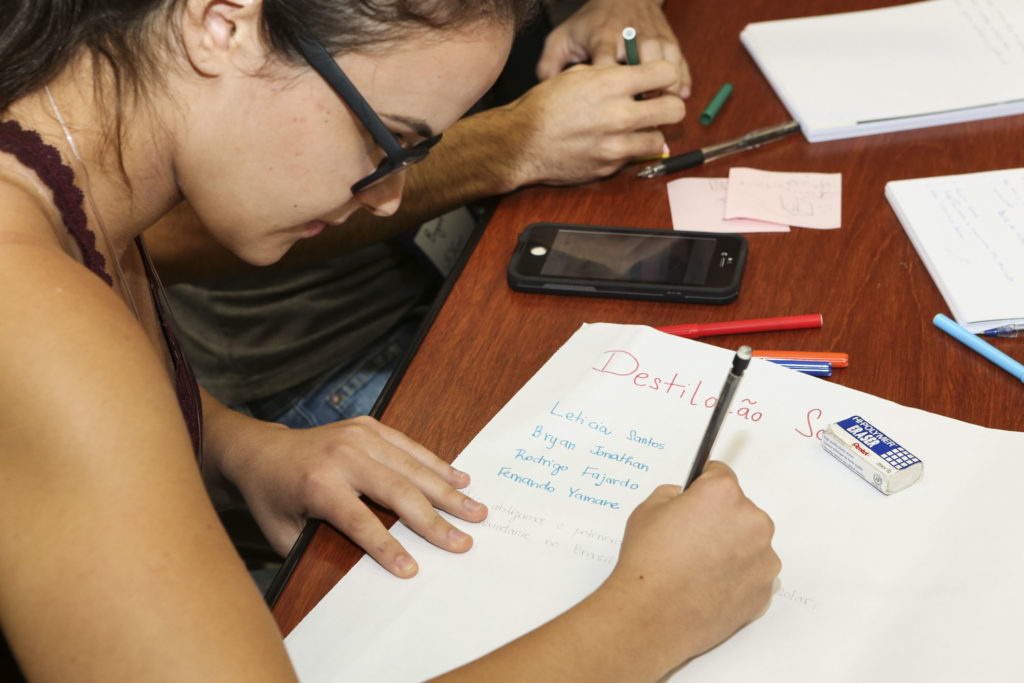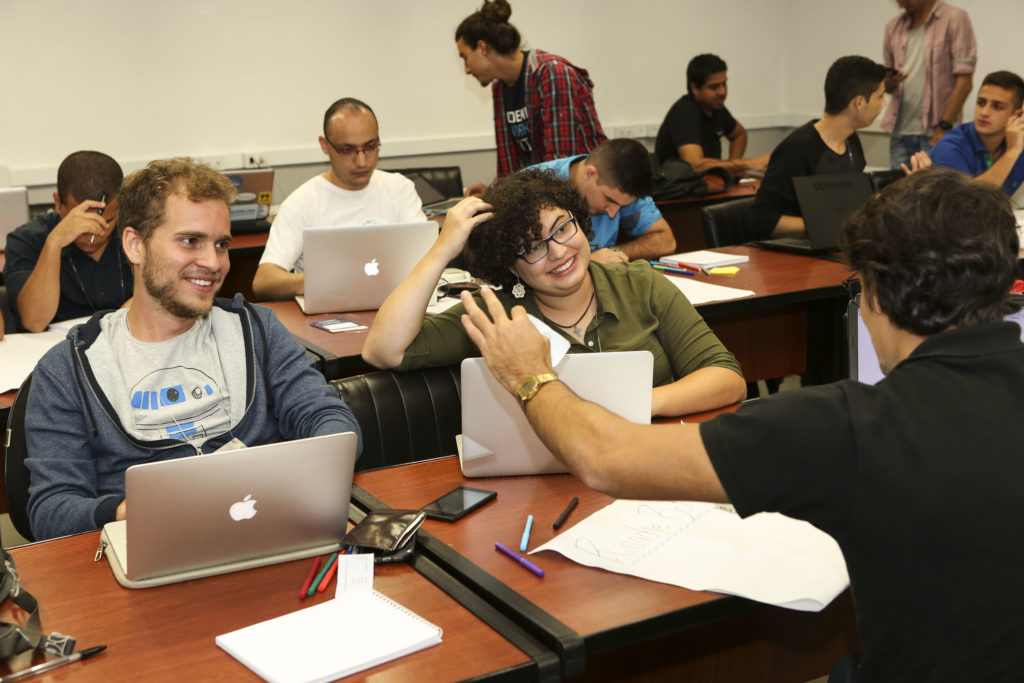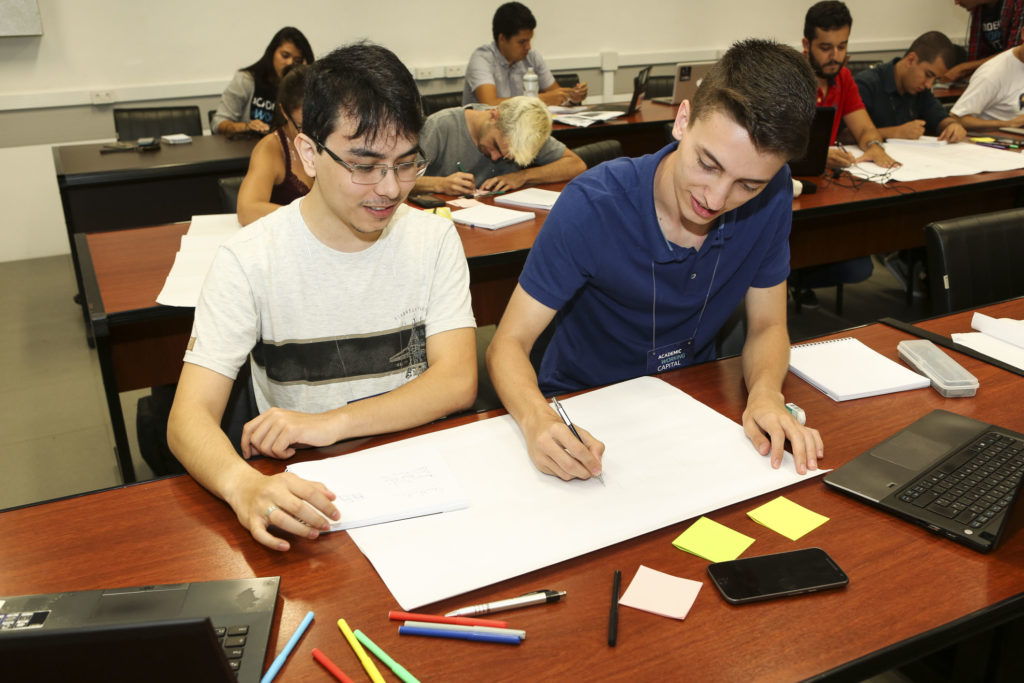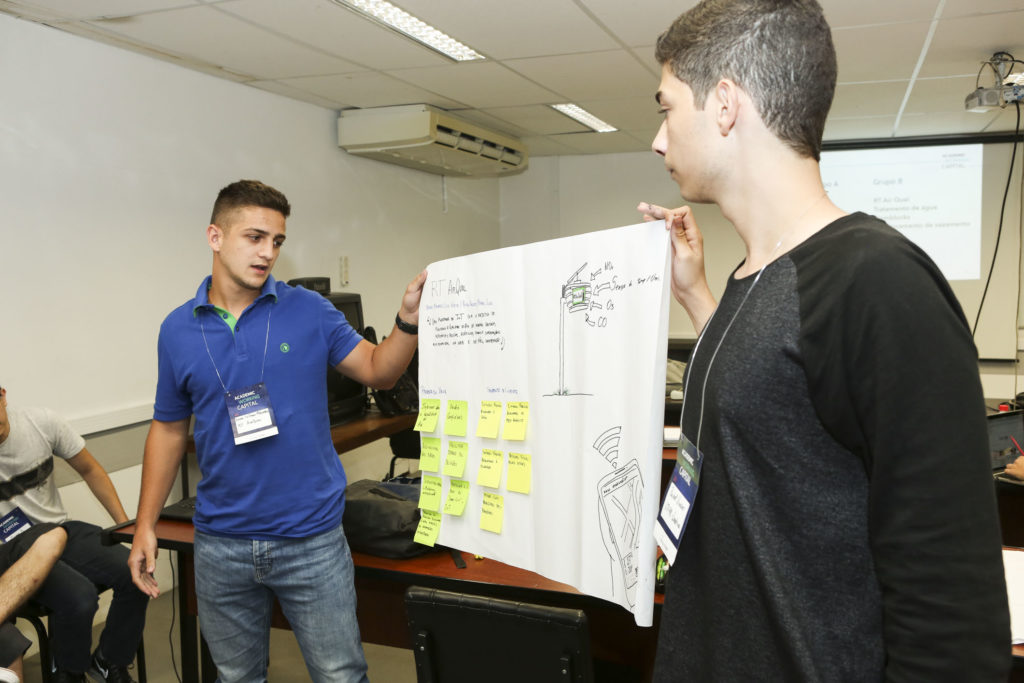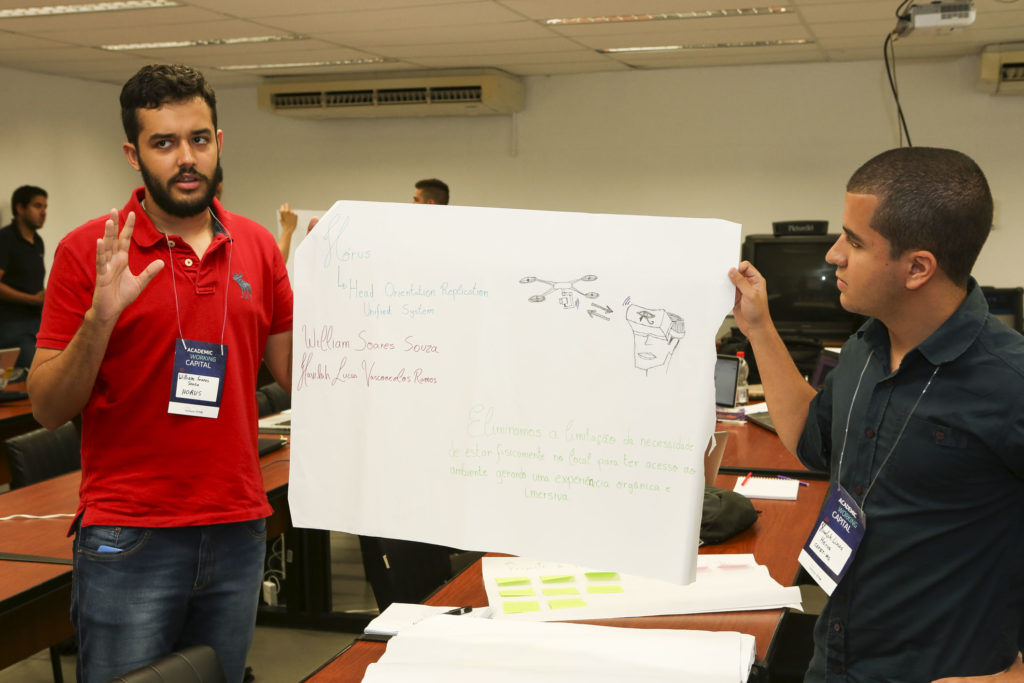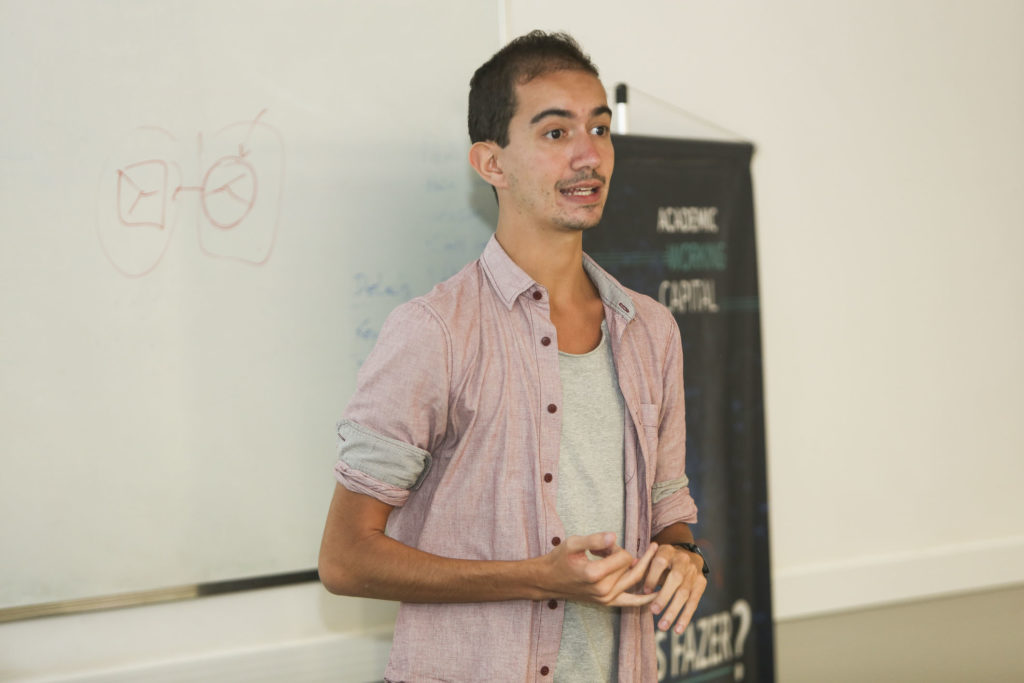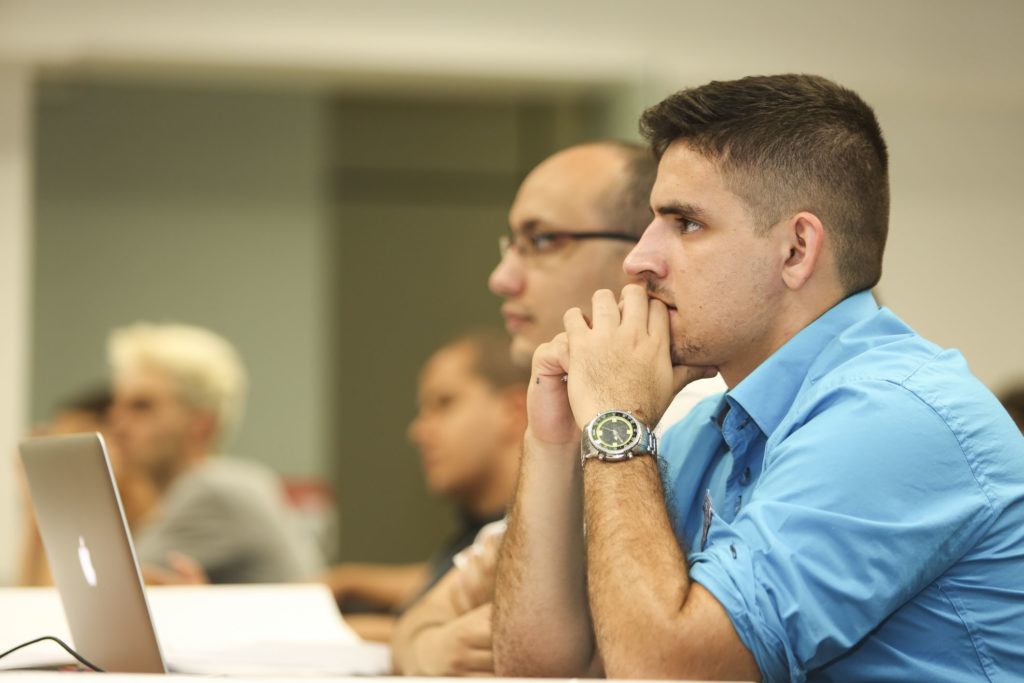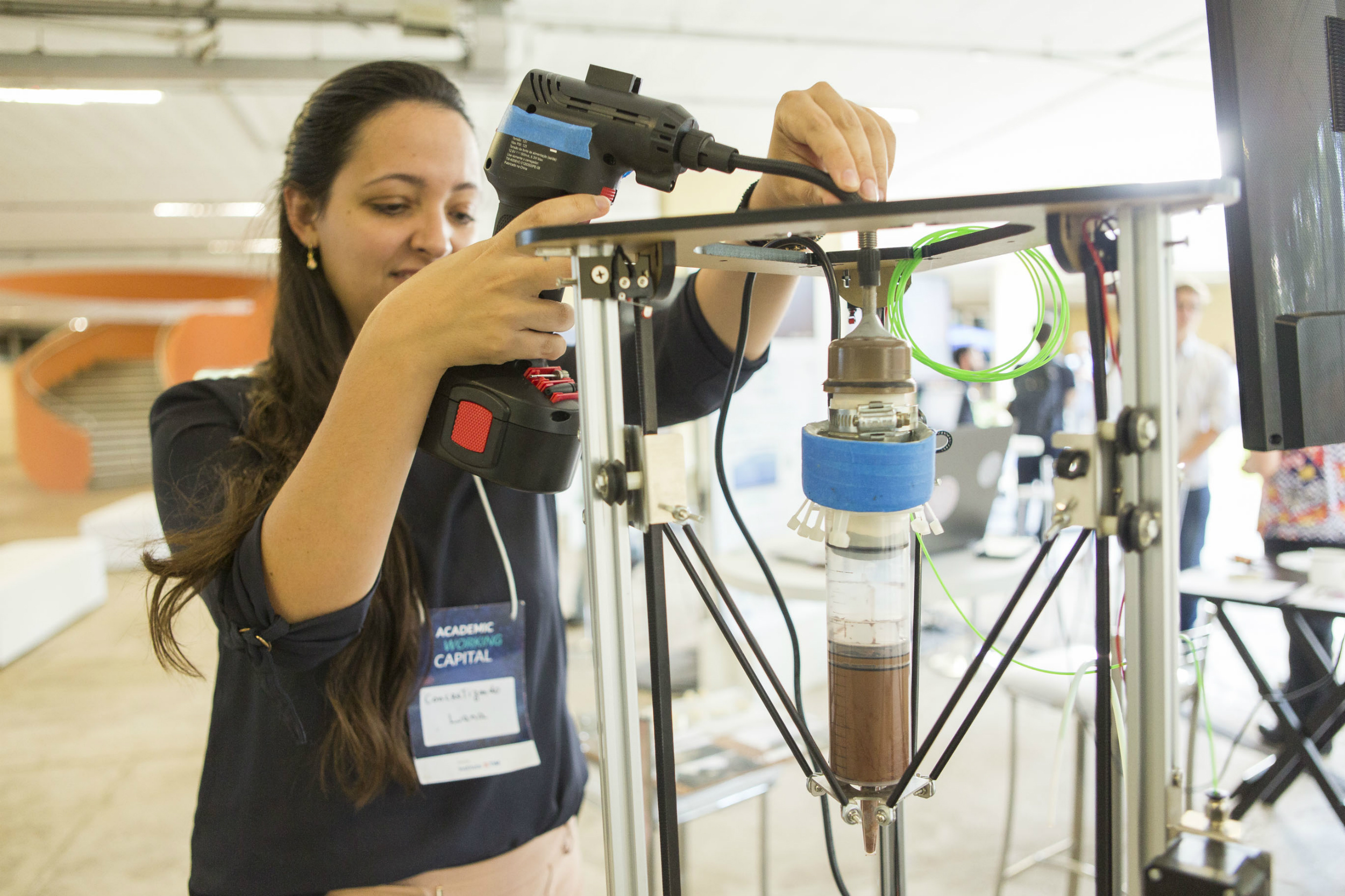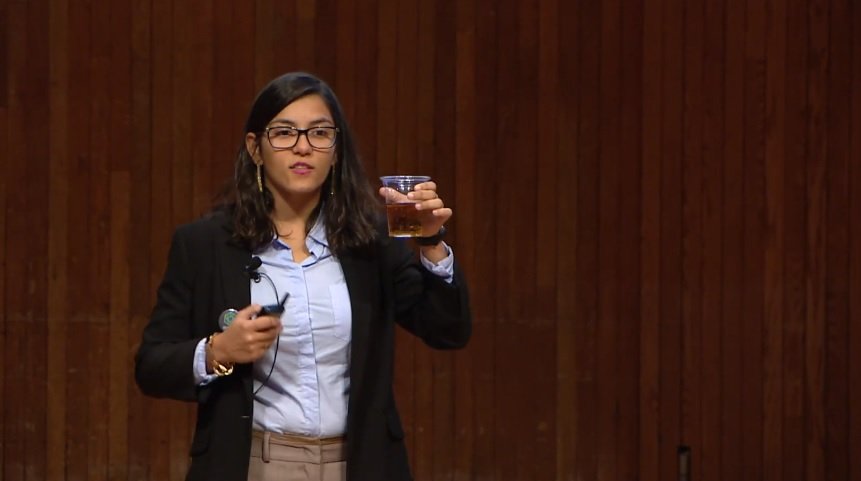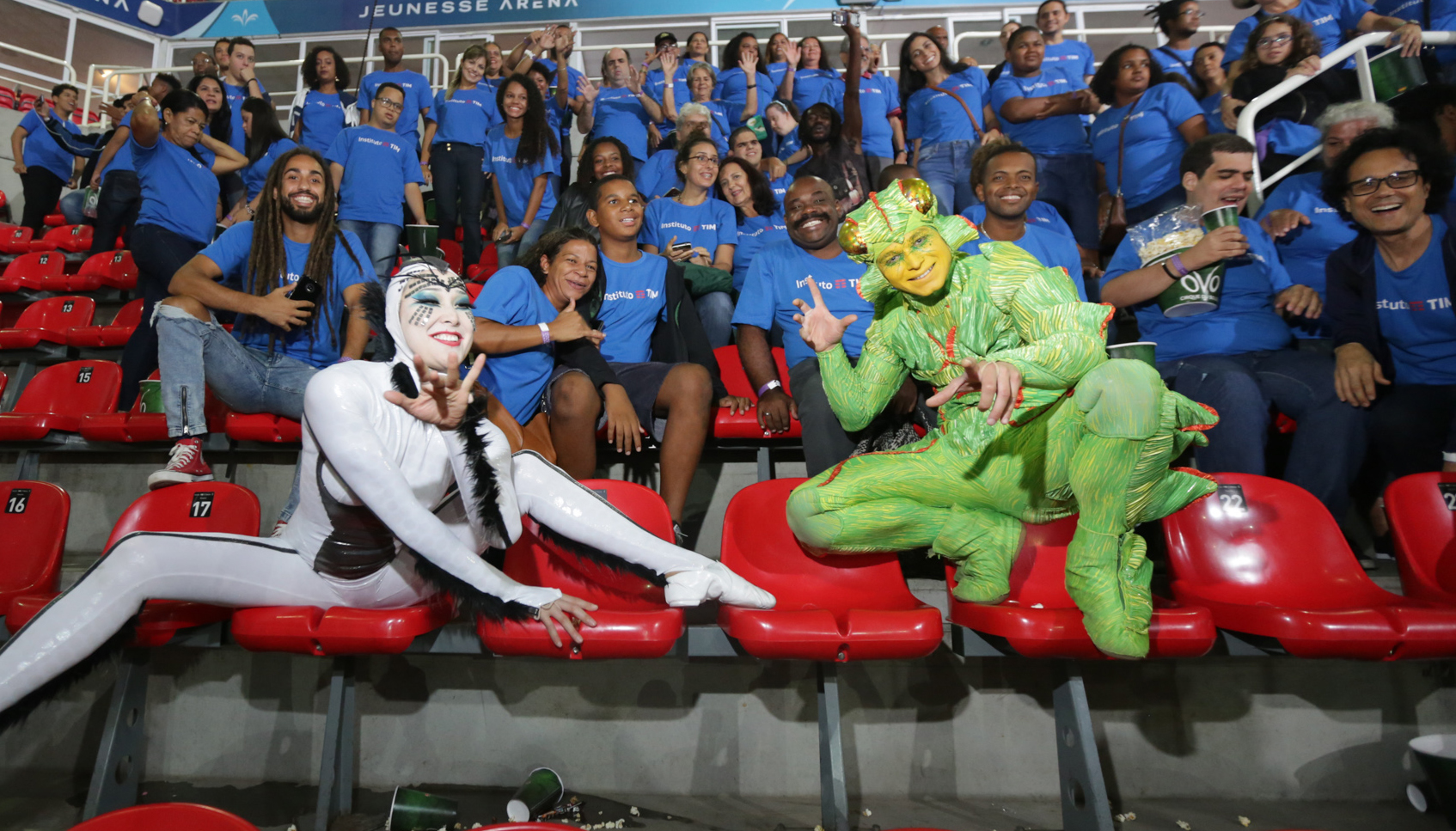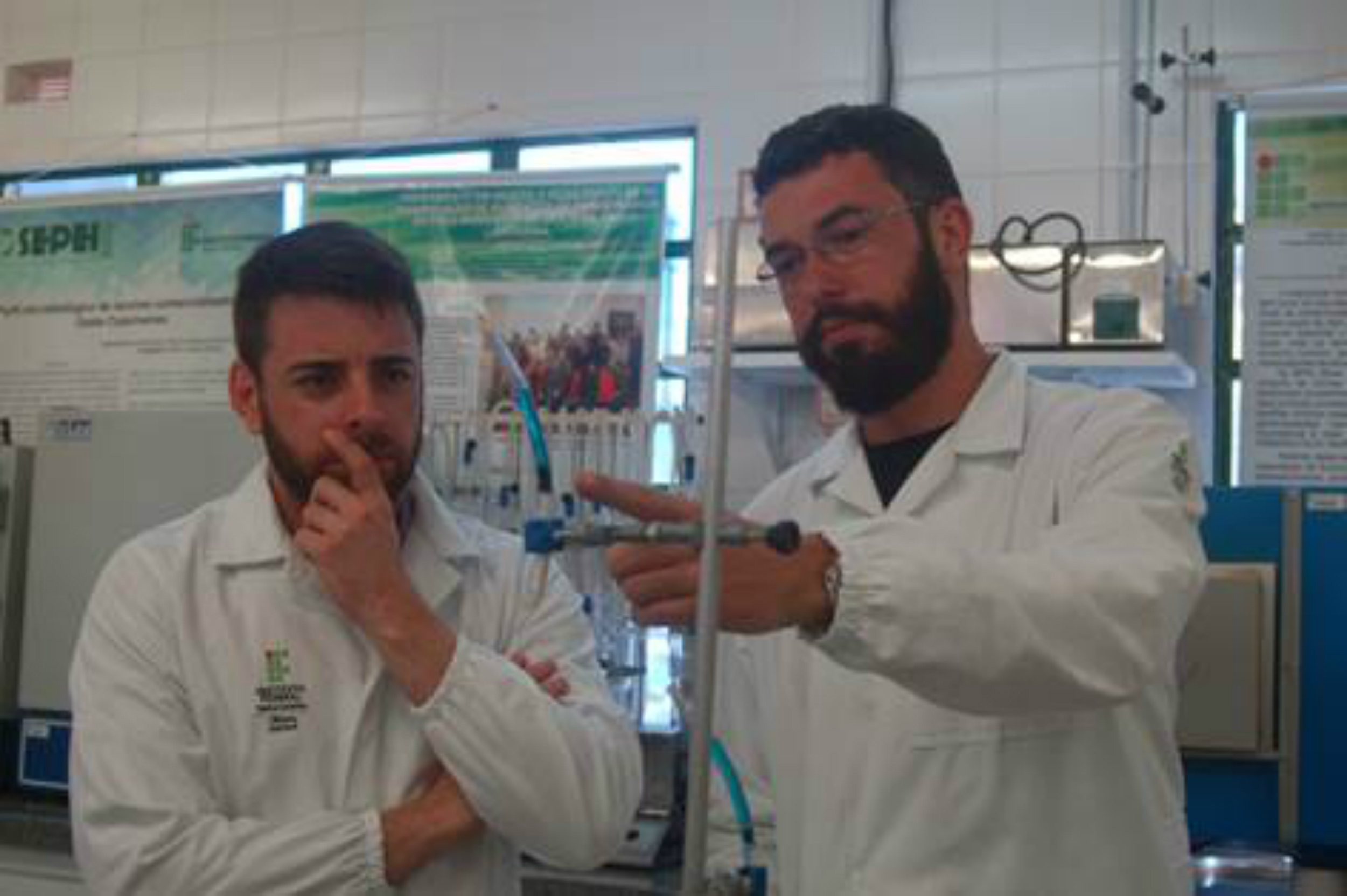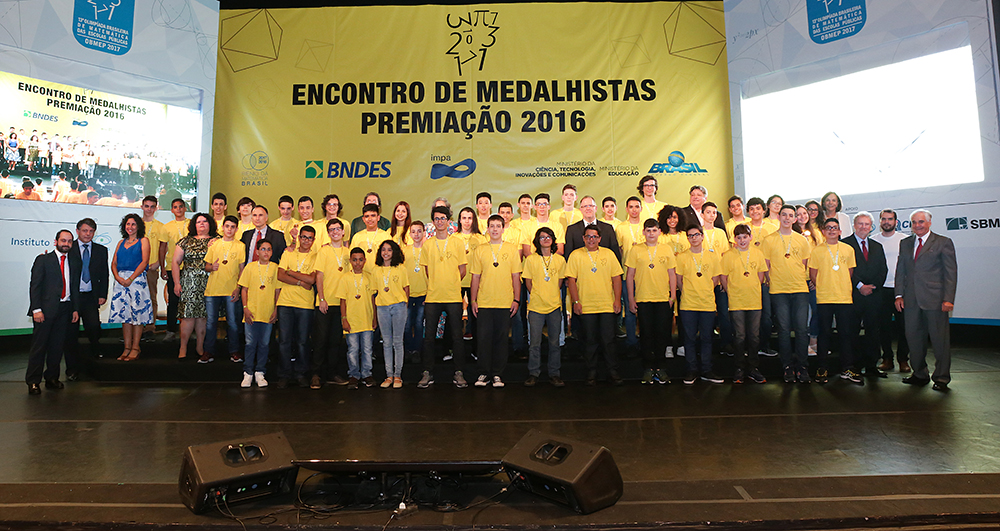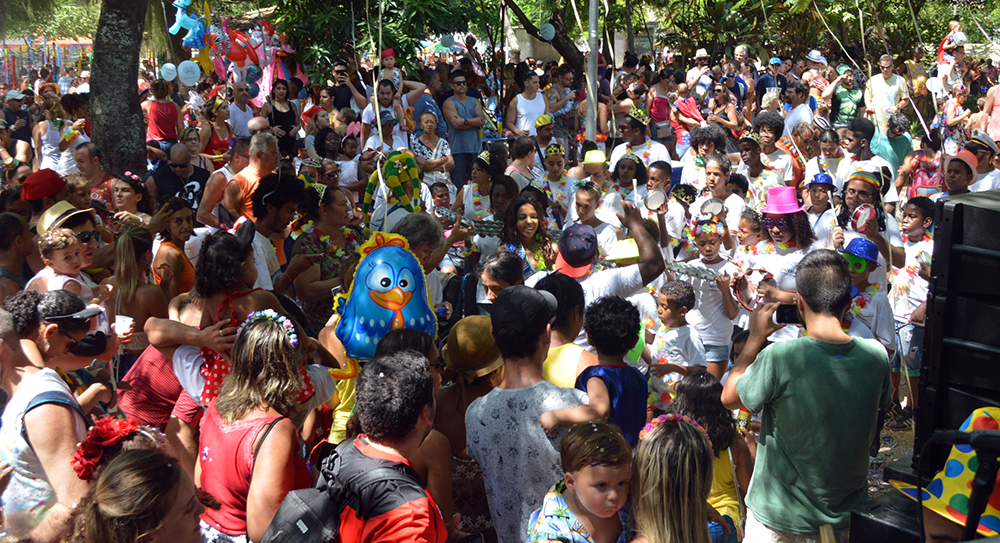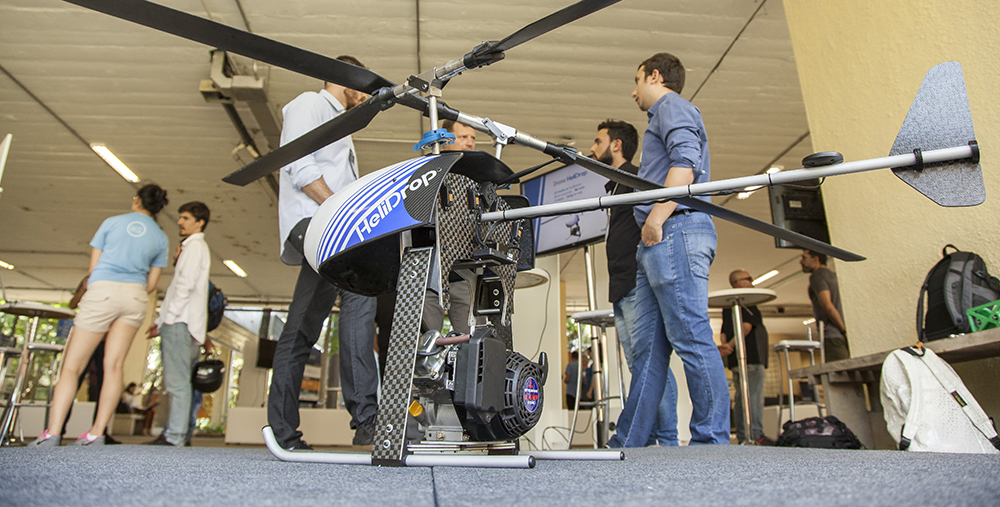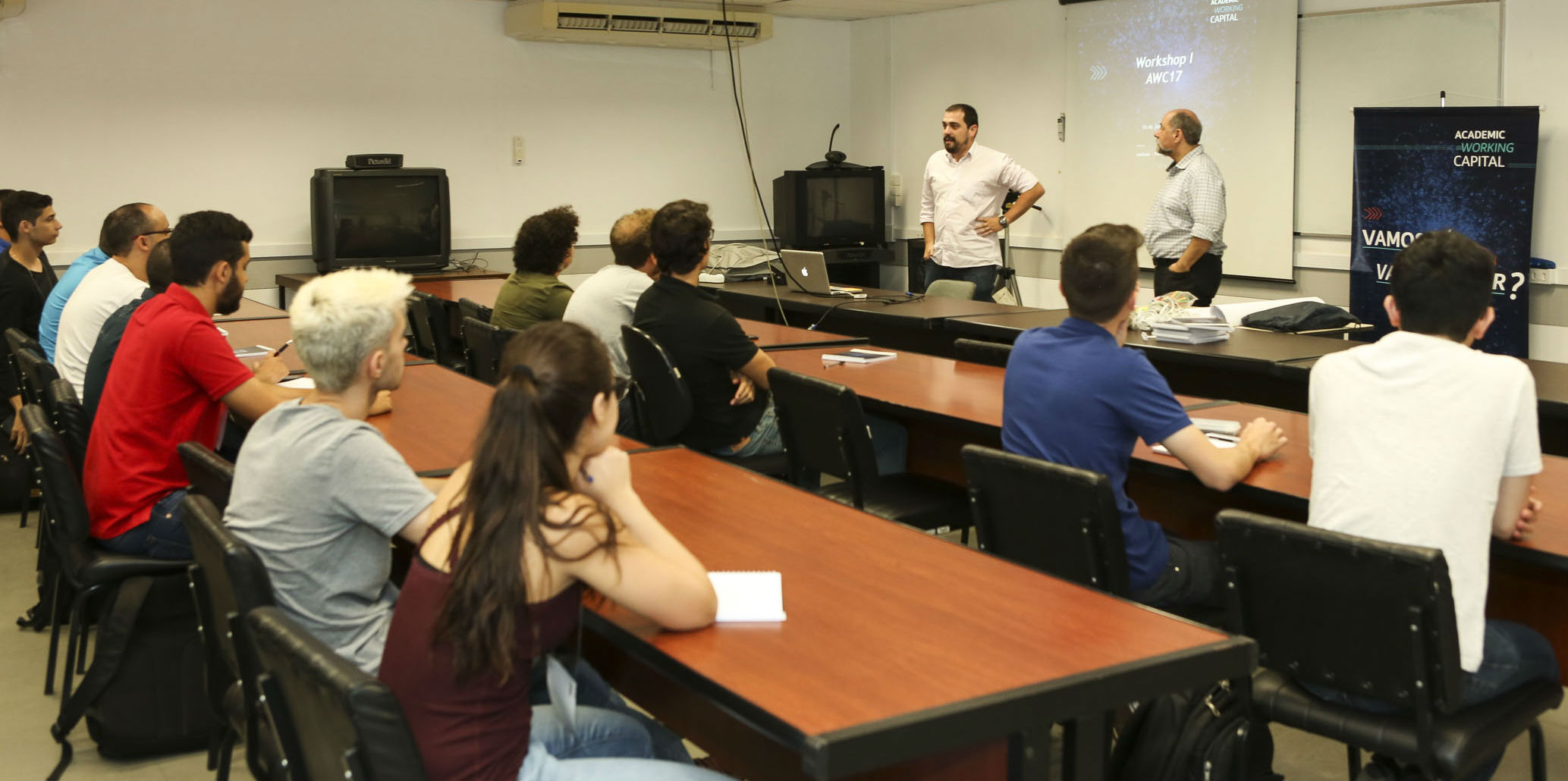
The Academic Working Capital program started its third edition with Workshop I, held in the building of Mechanical and Naval Engineering of the Polytechnic School of the University of São Paulo (Poli-USP), in São Paulo (SP). The first day of the workshop, on January 16th, featured the presentation of the program and an introduction to concepts and tools that are essential to create a product and to undertake. The seven groups approved in the 1st call (there will be a 2nd call in March) include students from USP, the Federal University of São Carlos (UFSCar), the Federal Technological University of Paraná (UTFPR), the University of Brasília (UnB) and the Federal Center of Technological Education of Minas Gerais (CEFET-MG).
USP professor and academic coordinator of the program, Marcos Barretto, and mechatronic engineer and AWC coordinator Diogo Dutra were responsible for opening the workshop. They welcomed the groups, talked about the objectives and structure of the program and presented the team. “More than an acceleration process, AWC is an entrepreneurial education work. What matters to us is how much you will learn this year”, explained Diogo.
Marcos commented that many products created in Final Projects are discarded soon after, and that AWC’s proposal is for students to go further. “We are going to do real engineering, not a prototype to attend to the Final Project”, he said. “You will walk out of here with another vision of what it is to do engineering, make a product, be a real professional.” This year, the program will have three on-site workshops, two online workshops and an Investments Fair. One of the focuses of Workshop I is for groups to contact in person, via Skype or by telephone as many potential clients as possible to test hypotheses related to their products.
André Dib, advertising professional and member of the AWC team, led the first lecture of the day. He spoke of the importance of having a critical vision when undertaking and of putting your convictions to the test constantly, talking and knowing your product’s target audience. “Forget the crystal ball and start going after real people and real stories”, he said. André showed tools that will be used during the workshop and will help groups put together a Value Proposition Canvas (VPC), which presents the value proposition of the product.
Students need to reflect on how their products generate profits and relieve customers pains, conduct a competition analysis, and create CSD (certainties, assumptions and doubts) and mooring matrix (this last one records the hypothesis, tests, results and conclusions about the product). “This is continuous, a cycle”, André added. To begin with, the groups wrote down the first items of the slide deck they will build: who we are, value propositions and customer segments. In two large groups, the students presented the material to their colleagues and AWC staff to collect feedback and improve their projects.
The administrator and AWC team member Artur Vilas Boas prepared the groups for the next task: to research and interview the first potential clients and partners. Artur reinforced the need to listen to the audience to develop the product. “You have to find a fit between your solution and people’s problems”, he said. Examples of how to create a contact map, tips for approaching respondents and a basic questionnaire were presented. “It’s a switch that has to flip in your head: ‘I am not selling anything’. Otherwise, in the end, you’ll just talk, you will not do the interview and you will not learn anything.” The students spent the rest of the day scheduling and conducting the first interviews and consolidating the results. The goal is for them to get 15 interviews at the end of the workshop.
